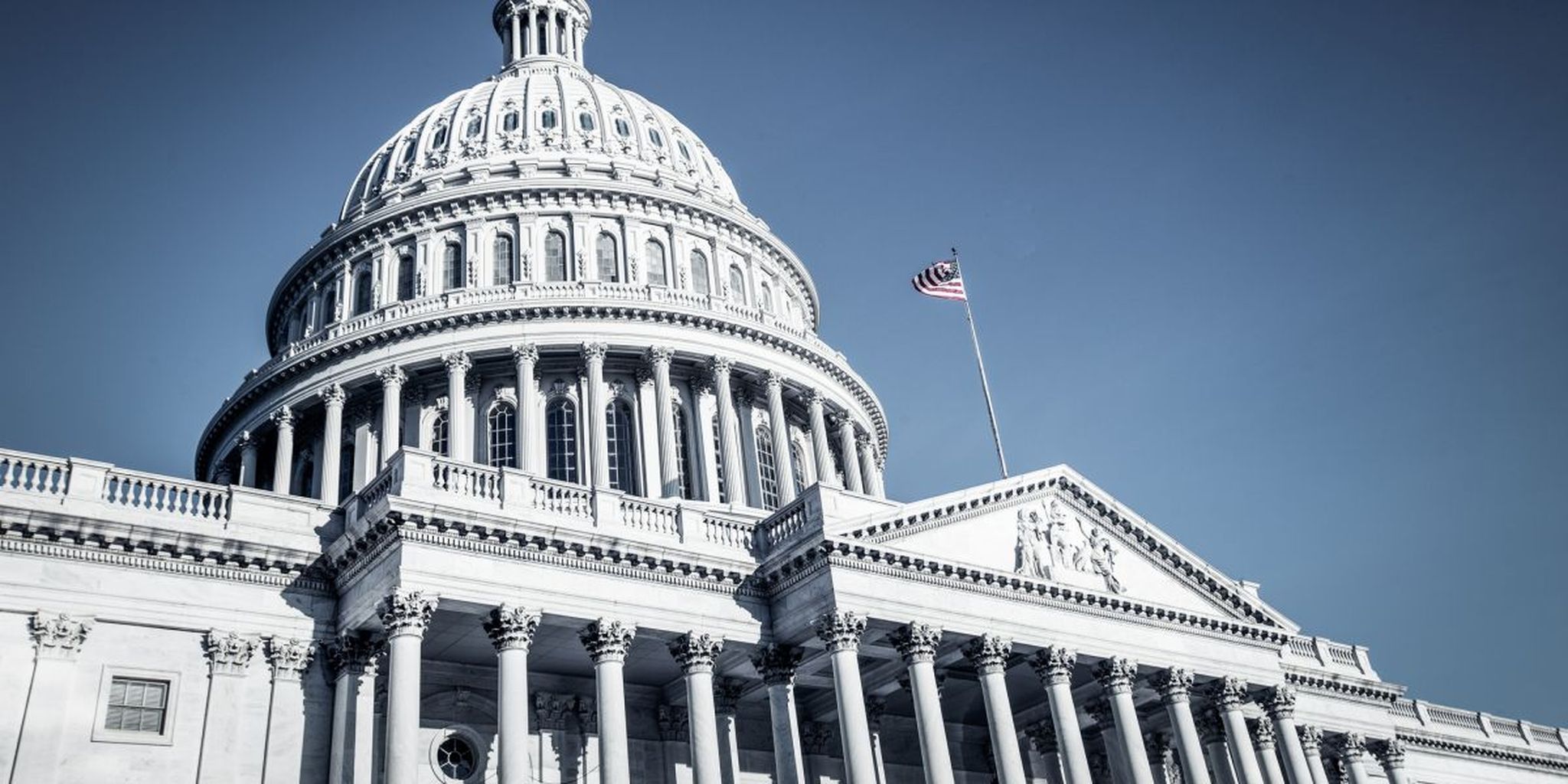Democrats and Republicans do not seem to agree on raising the legal debt ceiling in the United States. If the impasse continues, the country risks defaulting on its debt. Should you worry about your investment portfolio?
US Treasury Secretary Janet Yellen last week warned of a severe economic downturn in the US economy if the debt ceiling is not raised.
Democrats and Republicans must find a solution by early June to avert a debt crisis.
Big loss in stock market
In 2011, a similar situation led to significant losses in the stock market. Within six weeks, the Dow Jones index lost 15% of its value. For the first time in history, the United States’ credit rating was also downgraded.
The major concern now is what payments the finance ministry will or will not make. The United States may prioritize interest payments on bonds over all other expenditures. This will later affect the benefits and wages of government employees, who will no longer be provided.
An agreement was finally reached in 2011. There was a massive austerity program and the debt ceiling was raised. But it remains to be seen whether this too can be adopted under the new leadership of President Joe Biden.
A few concerns
As an investor, what should you do with this uncertainty? Interactive Brokers strategist Steve Sosnick argued against American Business channel CNBC Bond markets assume that the issues will be resolved soon. In the case of short-term U.S. bonds, he sees some uncertainty priced in.
The Cboe volatility index, which provides insight into expected volatility over the next thirty days, also shows that investors are not too worried yet. “We’ve seen this story before. Democrats and Republicans go too far, but don’t completely derail things,” Sosnick said.
Sosnick thinks most investors will take a wait-and-see approach until the tone becomes more ominous and the June opening deadline approaches.
Check out the defensive names
The strategist of interactive brokers advises not to make hasty decisions. “But it’s better to be vigilant and consider adding some defensive names to your portfolio. Stick to solid companies with clear and stable revenue streams.”
Matthew McKay, a partner at Braud Financial Advisors, said that during the previous US debt ceiling impasse, stock markets ignored the issue until two weeks before the deadline.
“In the coming weeks, the stock markets’ focus will shift to the debt ceiling talks. Failure to reach a deal will increase the potential for stock market losses,” McKay concluded.
Also read: Banking crisis ‘created by central banks’
Justin Tournekamp is a freelance editor at Participaties.nl. Justin Doornekamp can take positions in financial markets. The information contained in this column does not constitute professional investment advice or a recommendation to make specific investments. Your reaction The teacher is welcome.

“Passionate analyst. Thinker. Devoted twitter evangelist. Wannabe music specialist.”







More Stories
Blinken: China's dissent must be handled responsibly
Research on opportunities for the horticultural business community in the United States
Anti-Israel protests at American universities are becoming increasingly violent